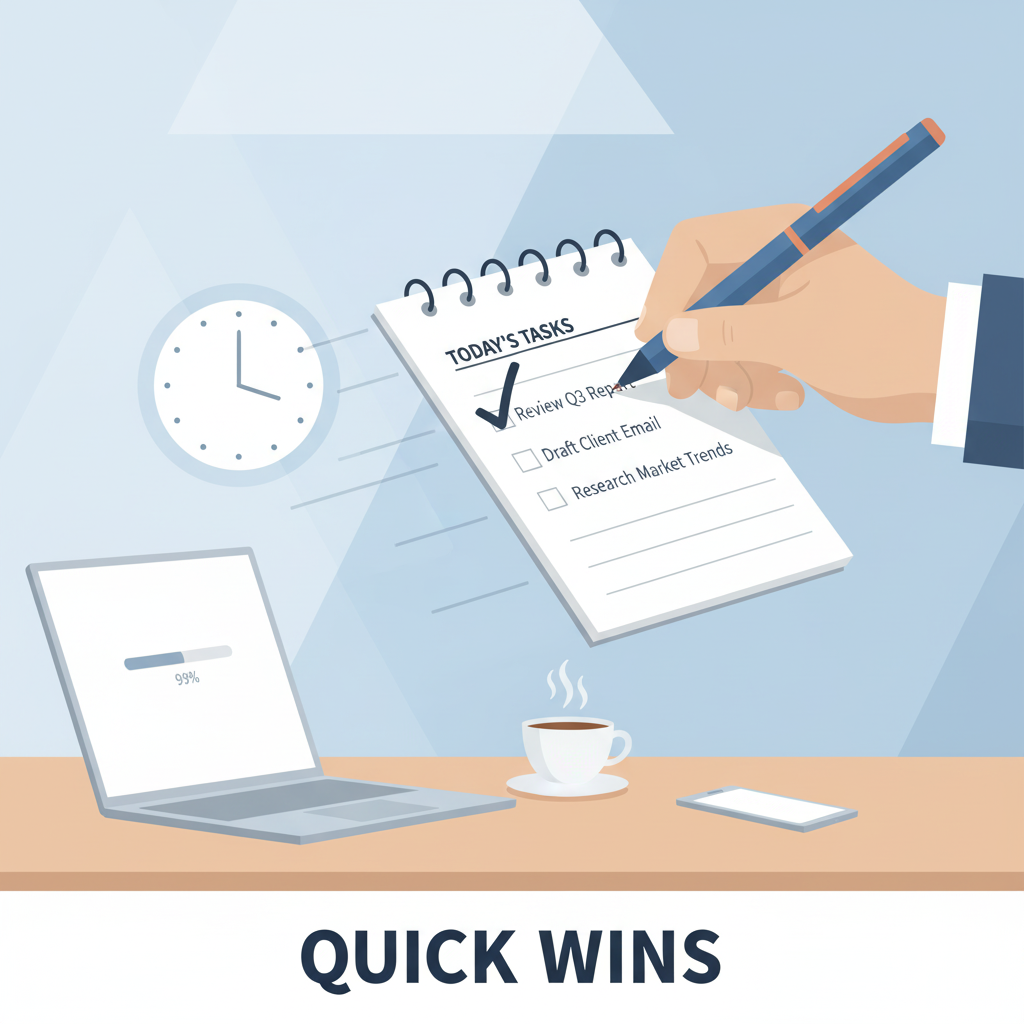In a world full of distractions, productivity has become one of the most valuable skills you can master. Whether you’re a student, professional, or entrepreneur, your success largely depends on how effectively you use your time and energy.
Productivity isn’t about working longer hours — it’s about working smarter, staying focused, and producing meaningful results.
Let’s explore how you can become more productive, organized, and successful — without burning out.
What Is Productivity?
Productivity is the ability to get more done in less time while maintaining quality. It’s about achieving goals efficiently and using your time wisely.
Being productive doesn’t mean being busy all day — it means focusing on what truly matters. It’s choosing the right tasks and finishing them efficiently.
When you’re productive, you don’t just work more — you create more value.
Why Productivity Matters
Here’s why improving productivity changes everything:
- Reduces Stress: When your work is planned, your mind feels clear.
- Increases Success: Productive people achieve goals faster.
- Builds Confidence: You feel proud of what you accomplish.
- Creates Balance: More productivity = more free time.
- Boosts Income: Efficient performance often leads to better opportunities.
In short, productivity helps you live smarter, not harder.
Common Reasons for Low Productivity
Even the most motivated people sometimes struggle to stay productive.
Here are a few common barriers:
- Distractions: Constant notifications and multitasking.
- Lack of Clarity: Not knowing what to focus on.
- Procrastination: Waiting for “the perfect time.”
- Poor Time Management: Mixing urgent tasks with unimportant ones.
- Burnout: Working without breaks or boundaries.
Recognizing these barriers is the first step to overcoming them.
Proven Ways to Boost Productivity
Let’s look at practical strategies that can instantly improve your focus and efficiency.
1. Start with a Clear Plan
Every productive day begins with a plan.
Make a to-do list each morning or the night before. Prioritize your tasks using the Eisenhower Matrix:
- Important + Urgent: Do immediately.
- Important + Not Urgent: Schedule it.
- Not Important + Urgent: Delegate.
- Not Important + Not Urgent: Eliminate.
When you plan, you control your day — instead of your day controlling you.
2. Set SMART Goals
Your goals should be:
- Specific
- Measurable
- Achievable
- Relevant
- Time-bound
Clear goals give direction and motivation. “Finish website content by 5 PM” is stronger than “Work on writing.”
3. Use the 80/20 Rule (Pareto Principle)
The 80/20 rule says that 80% of results come from 20% of actions.
Identify the few key tasks that have the biggest impact and focus your energy there.
4. Avoid Multitasking
Multitasking might feel productive, but it divides your focus.
Instead, use deep work — focus on one task completely for 60–90 minutes without interruption.
5. Take Regular Breaks
Your brain needs rest to stay sharp.
Try the Pomodoro Technique:
- Work for 25 minutes
- Take a 5-minute break
- Repeat four times, then take a longer 15–20 minute break
This method keeps your mind fresh and focused.
6. Declutter Your Workspace
A clean, organized workspace leads to a clean, organized mind.
Remove unnecessary items, organize your files, and keep your desk minimal.
You’ll be amazed how much focus improves when your surroundings are calm.
7. Use Productivity Tools
Technology can help you manage time better:
- Trello / Notion – Task management
- Google Calendar – Schedule planning
- Todoist – Daily to-do lists
- RescueTime – Track and limit distractions
- Focus@Will / Brain.fm – Productivity music
Use these tools to stay structured and motivated.
8. Prioritize Health and Sleep
Your physical and mental energy determine your performance.
- Sleep at least 7–8 hours.
- Eat nutritious meals.
- Exercise regularly.
- Stay hydrated.
A healthy body creates a productive mind.
9. Learn to Say No
Productivity isn’t about doing everything — it’s about doing the right things.
Don’t accept tasks that don’t align with your goals. Protect your time like it’s your most valuable resource — because it is.
10. Review and Reflect
At the end of each week, review your performance:
- What went well?
- What wasted time?
- What can you improve next week?
Reflection helps you identify habits that work — and those that don’t.
Productivity in Business and Workplaces
For businesses, productivity means efficiency, teamwork, and profit.
Companies boost productivity by:
- Using automation tools
- Encouraging work-life balance
- Training employees regularly
- Setting measurable KPIs (Key Performance Indicators)
- Creating a positive and motivating work culture
A productive workplace doesn’t mean more pressure — it means smarter systems and happier employees.
The Mindset Behind Productivity
True productivity comes from discipline, not motivation.
Motivation gets you started — but consistency keeps you going.
Adopt a growth mindset:
- Focus on progress, not perfection.
- Celebrate small wins.
- Don’t fear mistakes — they’re part of improvement.
The most successful people aren’t the busiest — they’re the most focused.
The Role of Technology in Productivity
Modern tools have revolutionized how we work.
- Automation: Saves time on repetitive tasks.
- AI Tools: Provide faster data and insights.
- Remote Work Platforms: Increase flexibility and reduce commuting time.
When used correctly, technology can double your productivity — but remember, balance is key. Too many apps can cause distraction instead of efficiency.




